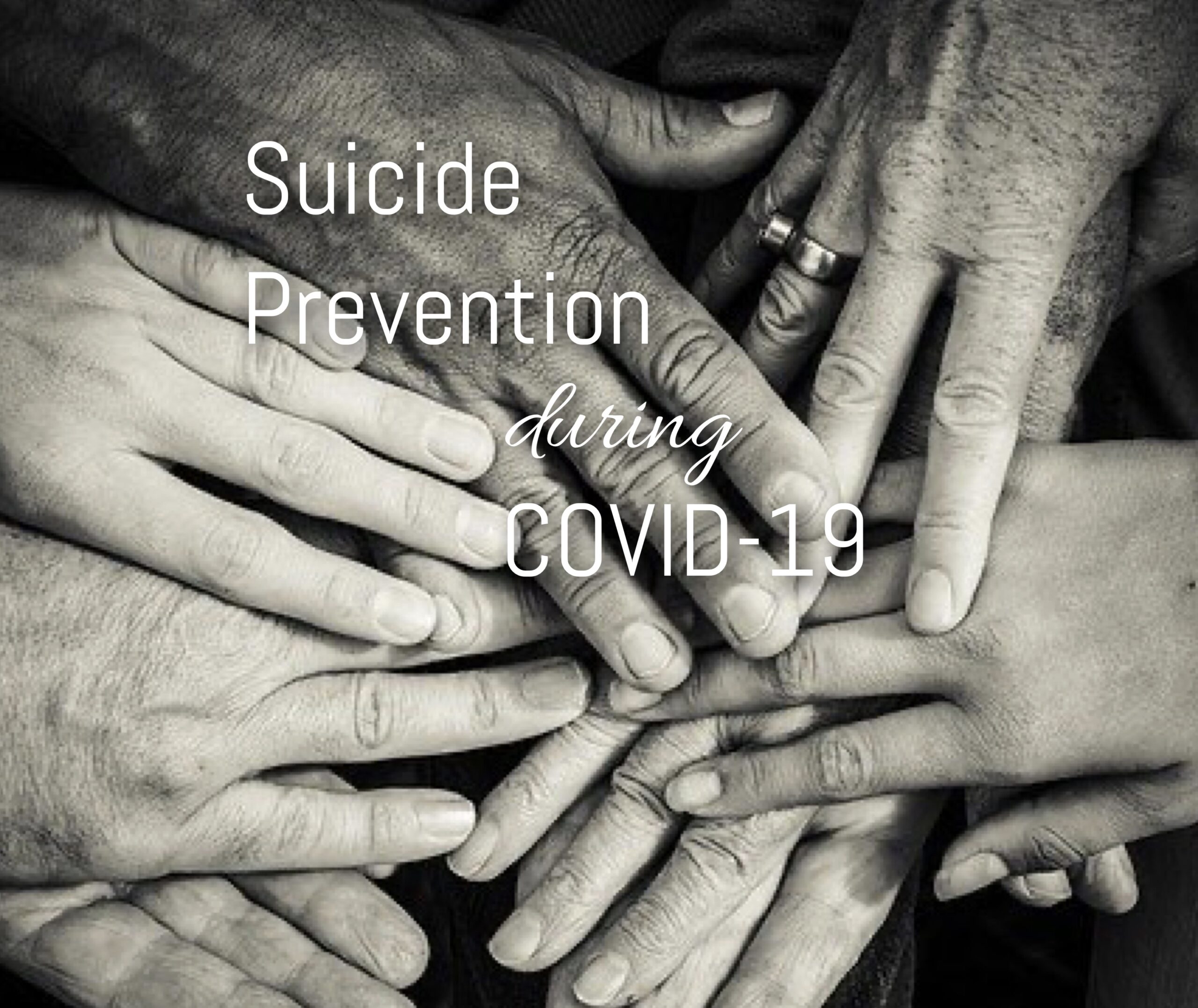
Suicide Prevention during COVID-19
Suicide prevention is an important, growing public health concern as COVID-19 continues. In 2018 over 48,000 people died by suicide and during that year, was the 10th leading cause of death. While there isn’t a lot of data compiled over the timeframe that COVID-19 has affected how we live, a recent survey over 10% of adults had reported seriously considering suicide in the 30 days prior. There were reports of suicide increasing by 20% when compared to the same timeframe in 2019.
What are the signs?
Suicide can be very complicated and is heartbreaking for those that lose a person they care about to it. Knowing the signs can help aide prevention.
Verbal signs
Talking about the following:
- Wanting to die or kill themselves
- Feeling empty, hopeless or having no reason to live
- Great guilt or shame
- Feeling trapped or that there are no solutions
- Feeling unbearable pain
- Being a burden to others
- Death
Non-verbal signs
- Increased alcohol or substance use
- Extreme levels of anxiety or agitation
- Withdrawing from family and friends
- Changing eating and/or sleeping habits
- Rage or talking about seeking revenge
- Taking great risks that could lead to death, such as driving extremely fast
- Extreme mood swings
- Giving away important possessions
- Putting affairs in order, making a will
Suicide affects people of all ages, genders, ethnicities and socio-economic statuses. There are different risk factors, not one cause. Suicidal thoughts or actions should never be ignored as a way for someone to get attention. That is NOT a normal response to stress.
Risk Factors
- Depression, other mental health disorders or substance use disorder
- Chronic pain
- A prior suicide attempt
- Family history of a mental health disorder or substance use
- A family history of suicide
- Physical or sexual abuse
- Having guns or other firearms in the home
- A recent release from prison or jail
- Being exposed to others’ suicidal behavior, such as family members or celebrities
How to get help
There are many complexities that go along with suicide and suicide prevention. The biggest help is getting someone to a safe place for an evaluation and treatment.
Lifeline Connections is committed to long-term mental wellness for our patients. We offer an integrated, holistic approach that includes therapy and case management. Our doctors specialize in the treatment of co-occurring mental health and substance use disorders. Contact us and reclaim your life. We can work to design a custom plan for anyone. Secure treatment is over the phone or computer with telehealth, providing coping skills for grief, loss, depression and anxiety. They will work with you one-on-one to get you feeling better.
Sources:
